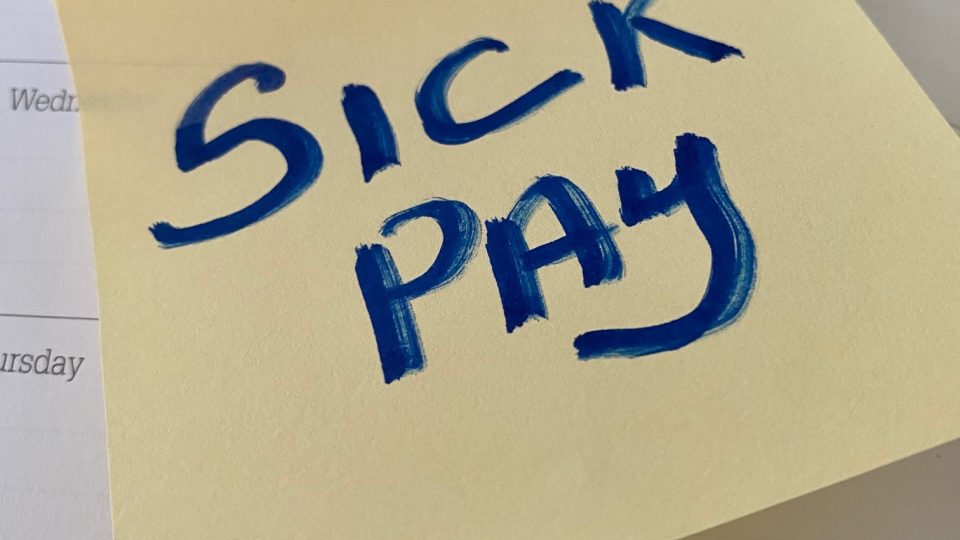
Statutory Sick Pay scheme moves a step closer
The following article is written by Alan Hickey on behalf of HR experts Peninsula
New legislation could see all workers get a right to be paid for up to 10 days of sick leave per year by 2025. The proposals would see a new Statutory Sick Pay scheme phased in over four years to afford employers time to prepare for the additional costs.
Under the proposed Sick Leave Bill 2021 (the Bill), employees will be entitled to three days per annum from next year, rising to five days the following year, seven days in 2024, and the maximum of 10 days in 2025.
The need for a mandatory sick pay scheme
Speaking about this new Bill, Tánaiste and Minister for Enterprise, Trade and Employment Leo Varadkar said, “Ireland is one of the few advanced countries in Europe not to have a mandatory sick pay scheme. Although about half of employers do provide sick pay, we need to make sure that every worker, especially lower paid workers in the private sector, have the security and peace of mind of knowing that if they fall ill and miss work, they won’t lose out on a full day’s pay. I believe this scheme can be one of the positive legacies of the pandemic as it will apply to illness of all forms and not just those related to COVID.”
How much will employees be paid?
It’s proposed that employees will receive 70% of their wage while on sick leave. However, a daily cap of €110 will apply, which is based on 2019 mean weekly earnings of €786.33 or an annual salary of €40,889.16.
The State estimates that this payment is equivalent to a 2.6% pay increase to an employee who currently receives no sick pay. This amount may vary to keep it aligned with inflation and incomes using a ministerial order.
Who does the Bill benefit?
The Government has stated that the Bill will provide a minimum level of protection to low paid employees who have no access to an employer’s sick pay scheme. For employees who wish to avail of the scheme, they must get a medical cert and have had to have worked for their employer for at least the previous six months.
If the employer sick pay period ends and the affected employee requires further time, the employee may qualify for illness benefit from the Department of Social Protection.
Does the Bill pose a problem for employers?
While the final detail of the proposed Statutory Sick Pay scheme won’t be known until the supporting legislation is passed, it seems clear that employers will face additional payroll costs in the coming years. Whilst the scheme will have a positive impact on public health and will benefit lower paid workers, it is nevertheless employers that will bear the full cost of the scheme. Along with the economic uncertainty caused by COVID-19 and the ongoing impact of Brexit, the timing of the scheme could contribute to negative outcomes for growth, jobs, and competitiveness. It’s quite possible that the financial implications of paying all workers two weeks’ paid sick leave could be too much to bear for certain employers, particularly SMEs.
The Economic Recovery Plan
As mentioned above, the proposed Sick Leave Bill 2021 could bring additional costs for employers at a time when they’re working hard to return to normal operating levels. For businesses that need support, the Government’s recently introduced Economic Recovery Plan sets out various financial measures designed to help employers and get people back to work.
To see how the supports available could help your business, read our article.
Need our help reopening your business?
Whether you have questions on the above Sick Leave Bill 2021 or anything from the Work Safely Protocol to updating employment contracts, we can help.
For expert advice on any HR or health & safety issue, you can speak with a Peninsula advisor on 1800 719 214



